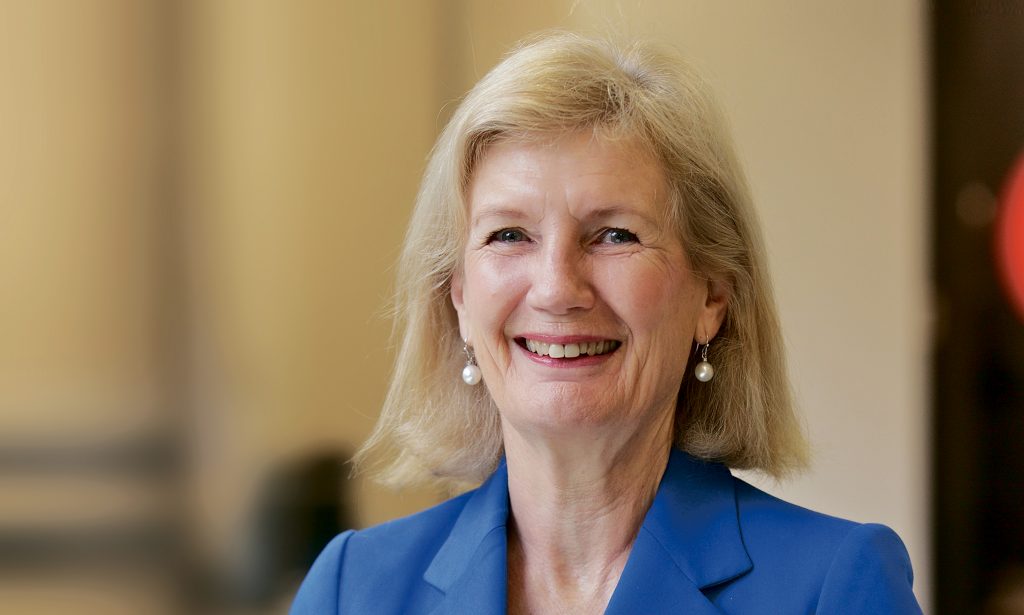Beth Blackwood is a career educator who spent over 18 years as a Head before becoming CEO of the Association of Heads of Independent Schools of Australia (AHISA) in 2016. SMJ talked with Beth about the challenges that independent schools have faced during the COVID-19 crisis.
SMJ: How have school Heads have been dealing with the COVID-19 disruption?
BB: I think Heads have been both remarkable and inspiring. We’re in unprecedented times and every Head in every independent school has been challenged on every front, whether that be the academic progress of the students, pastoral care, financial viability and stability, the school’s marketing, care for their staff … and on it goes. And yet their focus has remained steadfastly on the school community. So, I think they have demonstrated leadership in the most demanding of times. Two key words come to mind when I think about the leadership they are providing: optimism and empathy.
SMJ: How have Heads been dealing with the impacts on them personally?
BB: That is indeed a concern that we have, because undoubtedly Heads carry the weight of community anxiety and loss on their shoulders. There is a longitudinal survey that’s undertaken by the Australian Catholic University — the Australian Principal Occupational Health, Safety and Wellbeing Survey — and the results of the 2019 survey have just been released. It tells us that nearly one in three school Heads face serious long-term health risks due to stress and burnout. Now that survey was taken before the impost of COVID-19 so there is another layer of stress on Heads’ shoulders at this time. Heads tend to care for others first rather than for themselves, so AHISA has been encouraging them to invest time in their own wellbeing — because only by doing that will they be able to sustain their effectiveness over what might be months, or even a year, in managing this current crisis. So, we are providing useful resources, one of which is Headspace, and we are strongly encouraging them to ensure they are looking after their mental health and wellbeing.
SMJ: What do you see as the potential changes that are going to impact Heads once schools fully return to on-campus operations?
BB: There will be a new set of challenges. I don’t believe there will be a return to ‘normal’ in the short-term; I think there will be a staged return to what we might see as normalcy. First and foremost will be the safety and wellbeing of both their students and their staff, so that will be one of their challenges. I think another one will be the transition stage for students returning to school, from both a psychological as well as an educational perspective. From a psychological perspective, we know Maslow’s hierarchy of needs identifies that a student’s sense of safety and sense of belonging are critical in terms of them feeling safe enough to engage with learning. The pandemic response will undoubtedly have undermined the certainty, the safety and the security that many students, and indeed many staff, might feel.
SMJ: How have you seen Heads respond to these new communications and marketing challenges?
BB: Quality and frequency of communication has been essential in the current situation and it is what we’ve seen from Heads of schools. It is just so important. One reason for it being particularly important is the conflicting messages that we read in the media and from the different state jurisdictions which are creating more uncertainty, and perhaps even more anxiety, for parents and students. So, an important role for Heads at this time is to be reassuring and to communicate regularly to their stakeholders in their communities across all platforms. Email seems to be the most common form of communication to parents, but Facebook and the platforms that schools are using to educate students are another important way to keep in touch, to keep connected and to communicate to parents and students about what is happening both now and in the future.
SMJ: How have you seen schools and parents respond to the question of school fees?
BB: It has been an incredibly difficult situation for schools. Every school within the independent sector has its own unique financial situation and some are undoubtedly feeling it more than others. I think parents want what is best for their children and they recognise that familiarity, consistency, connection with current school staff and students that their children attend school with, is what is in their best interests. We are seeing parents approaching schools for a consideration of fees, especially those who have been impacted through unemployment or other financial strains. Some schools have communicated to parents to approach them if they are having difficulties, and what I see is that parents are doing that. Other schools have determined that they will give discounts. What I am hearing is that there are many generous parents who can afford the full fees who are offering to offset the fees of others by paying the full amount and suggesting that the school use the gap to support those students who are in greater need. Donations to school bursaries or to scholarship schemes have been another way in which alumni, not necessarily parents, are able to support the retention of current students in the school. So, I think that this is a situation where the best comes out in people in trying to support not only schools, but to support other parents in their school community as well.
SMJ: What do you think are the big communication, marketing, branding and school culture challenges that Heads are going to be facing?
BB: The challenge will be around retention of the current students as well as the recruitment of new students for the coming school year and the years ahead; the financial stress that both schools and parents are experiencing at the moment, with parents whose income has been impacted and are looking at whether they can continue to pay independent school fees this year or into the future. Retention is going to be really important for Heads thinking about their marketing. I was speaking to a Head just recently who had ensured that either herself or her senior leadership team had contacted every one of the parents of the 900 students in their school to speak with them to see what their concerns were. Now that really is about meeting the needs of your students at this point in time, which in turn will encourage retention of current students. Looking at what value they are adding to their current students and promoting particularly their innovative responses to COVID-19 is really important.
SMJ: Will schools actually close as a result of the pandemic’s economic impact?
BB: I have seen some financial modelling that indicates there are a number of schools that could be at risk and not able to survive this pandemic. A school’s only source of income is federal government funding and fees that are paid by parents. If they are impacted, then the viability of the school can be impacted. My understanding is that many regional and boarding schools fall in that risk category. So yes, without some intervention and support, there is a very real risk that some schools may not be financially viable beyond this year.
SMJ: How has AHISA been adapting to support Heads during the pandemic?
BB: By providing quality and regular communication. Our communication to our members has increased significantly so that we can provide information as expediently, as clearly and as effectively as possible, particularly with regard to policies and advice being provided by the federal and state governments. We have special bulletins that are now sent to our members at very regular intervals, in addition to what used to be our regular fortnightly bulletin. We have established a coronavirus section on our website that links our members to resources, to government policies, practices and general advice. One of the strengths of AHISA is the collegiality amongst its members, and the sharing of our resources and of practices has been an important part of membership. So, the channels of communication are being used much more frequently than before and our members are generously sharing how they are managing challenges in their schools.
Of course, we haven’t been able to run our conferences and face-to-face forums as we have in the past, but we have been able to provide webinars for our members. So, it’s about quality communication and keeping that communication as regular as possible. We are mindful that our Heads are besieged at the moment, so also wanting to make sure that every communication that goes to them is relevant and meaningful.
Insight applied
- Heads need to practise self-care.
- Student retention will be critical.
- Quality and frequency of communication is vital.
- The economic impacts may force some independent schools to close.






